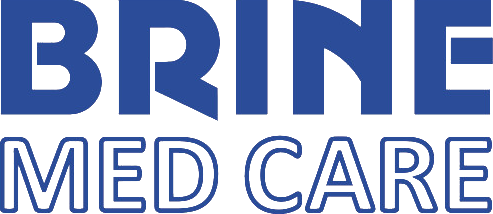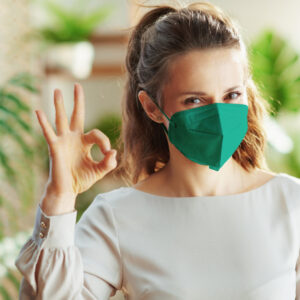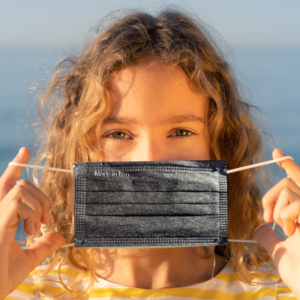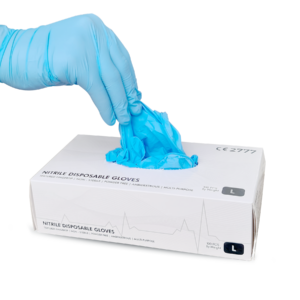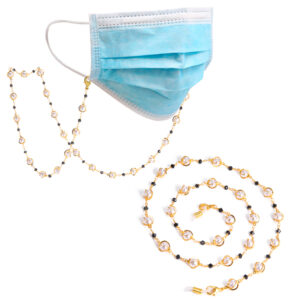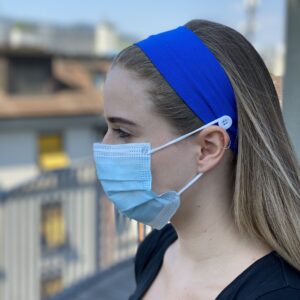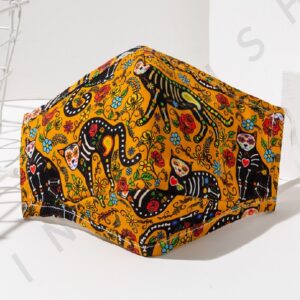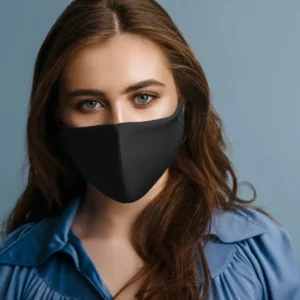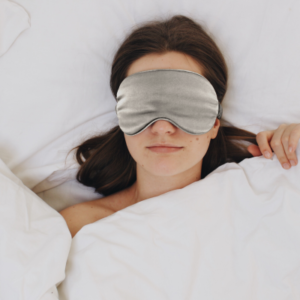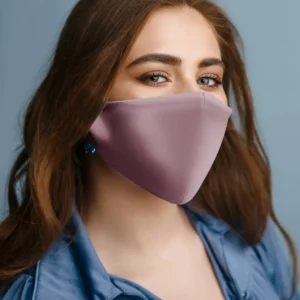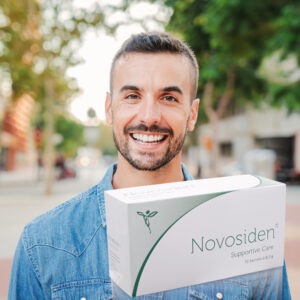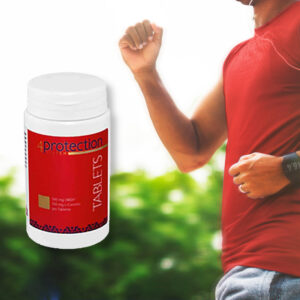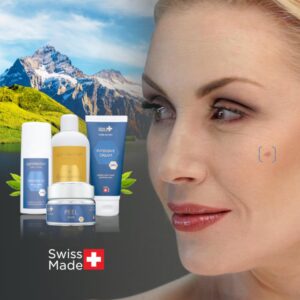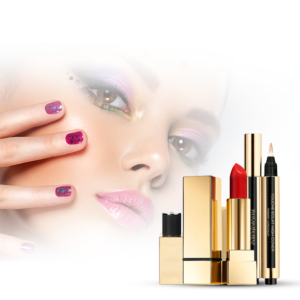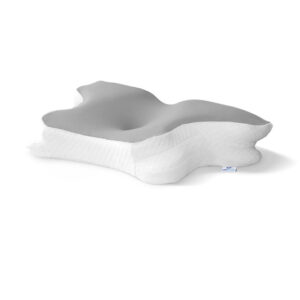Corona Virus
Coronaviruses are a family of viruses known to contain strains that cause potentially fatal diseases in mammals and birds. In humans, they are typically spread via airborne droplets of fluid produced by infected individuals. Of the seven coronaviruses known to infect humans, four spread with seasonal regularity, causing everything from mild cold-like symptoms to flu-like symptoms. A few more notable strains, including SARS-CoV-2 (responsible for COVID-19) and those responsible for severe acute respiratory syndrome (SARS) and Middle East respiratory syndrome (MERS), can cause death in humans. The cause of death is complex, but is typically the result of heightened immune responses that cause damage to multiple systems in the body.
A safe and effective vaccine will provide individual protection against COVID-19. It will also provide greater protection for our loved ones and communities. You can choose to be vaccinated or not. You will be given information about the vaccination to help you decide if you have any concerns. Everyone gets two doses of the vaccine, but you have a high level of protection after the first dose. You will be called back in for your second dose within 12 weeks of your first dose. If you get vaccinated against COVID-19, you will receive a credit card sized vaccination card from NHS Wales. This serves as a reminder of your second dose and also contains information on how to report any side effects.
Corona vaccination
If you have had a severe allergic reaction (anaphylaxis) or an immediate allergic reaction to any ingredient in the vaccine you are to receive, you should not receive this vaccine. If you have been instructed not to receive one type of COVID-19 vaccine, you may still receive another type. Learn more information for people with allergies. You should get your second vaccination as close to the recommended 3-week or 4-week interval as possible. However, your second vaccination can be given up to 6 weeks (42 days) after your first dose if needed. The disease, caused by the SARS-CoV-2 coronavirus, affects people all over the world. However, companies and research institutes are developing vaccines. Two vaccines are now licensed in the EU.
Since January 2020, at least 246 vaccine projects against Covid-19 have been started: The World Health Organization (WHO) currently counts 235 (as of Jan. 12, 2021). In addition, there are at least eleven other projects that she does not yet list. Until a few years ago, it would have taken 15 to 20 years from virus analysis to vaccine approval. New technologies and previous experience with vaccine projects against related viruses (see below) allow a tremendous acceleration. Two vaccines have already been approved and many others are currently being tested in volunteers, some of which are already in the final phase III trials. While COVID-19 spreads disease, death and disaster around the world, virtually no industry has been spared. But amidst the chaos of the global pandemic, there is one industry that is not only surviving, but profiting handsomely.
First of all, it is important to understand the difference between drugs and vaccines. Medications are generally administered to treat a medical problem, while vaccines are classically administered to prevent the occurrence of a medical problem. Vaccines expose harmless viruses or bacteria (or even small parts of them) to the immune system. The body’s defenses recognize them as invaders and learn to fight them. Then, if the body is ever truly exposed, it already knows how to fight the infection. The problem is making sure the vaccine reaches everyone who needs it. But in a pandemic, countries also have to compete with each other for drugs. During the H1N1 flu (swine flu) pandemic in 2009, for example, vaccine supplies were bought up by countries that could afford them, while poorer countries went away empty-handed. But one could also imagine a scenario in which India – a major supplier of vaccines to the developing world – not unreasonably decides to use its vaccine production first to protect its own 1.3 billion-strong population before exporting it. Therefore, in the current scenario, there is an urgent need for drug development to combat a pandemic through treatment. Many traditional childhood vaccines require a first dose followed by a second dose, called a booster, several weeks or even years later for some vaccines. The booster dose strengthens the immunological memory.
Antibodies to Corona:
When the coronavirus began spreading in China late last year, science teams around the world lined up along a starting line. They were waiting for the signal to start the race to produce a vaccine against COVID-19, and that signal came on January 10. At that time, scientists in China shared the complete genetic makeup of the new coronavirus. With this information in hand, many researchers began to search for a new vaccine. The race remains neck-and-neck, even as it gets closer and closer to the finish line. In May, data from a human study showed promising results. The immune responses they elicited in treated subjects suggest that a vaccine that protects humans from the killer virus could be within reach. The immune system recognizes that it is not a human protein. This quickly gets the immune system into action. It begins to produce antibodies that attack the spike protein. It also trains a type of white blood cell – called T cells – to hunt down anything containing this protein. That includes the coronavirus, if it shows up.
Antibodies can block the ability of a virus to enter cells. In people who got the Oxford vaccine, the levels of these antibodies were as high as you can see. If the vaccine proves successful, AstraZeneca and Oxford have committed to providing 2 billion doses of the vaccine. Further clinical trials to test the efficacy of the vaccine are already underway. In the UK, nearly 10,000 volunteers have received the vaccine. In a study in Brazil, an additional 5,000 people are being vaccinated. And in about a week, a U.S. trial of the vaccine will begin treating another 30,000 people.

